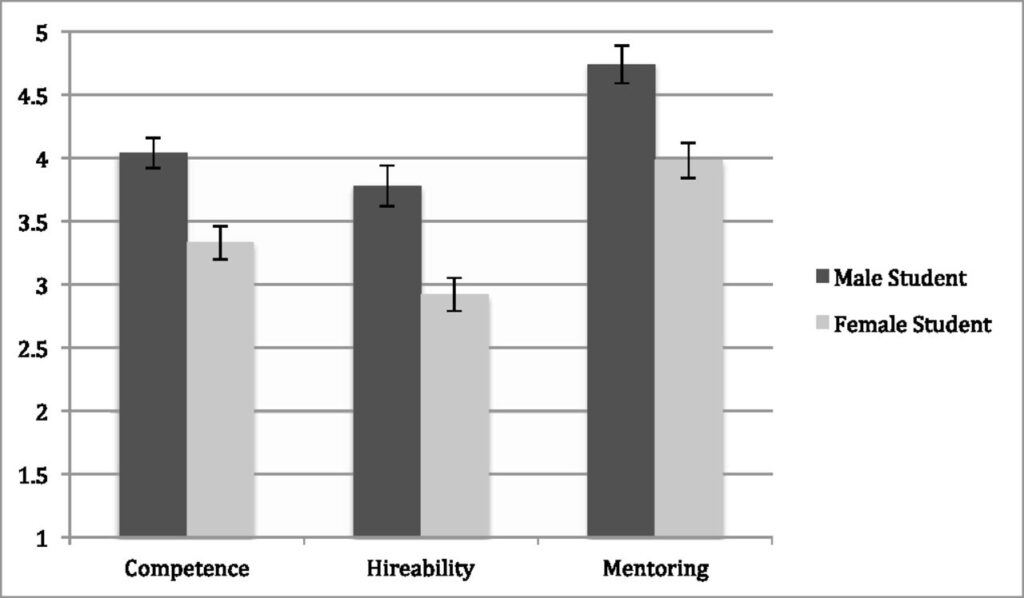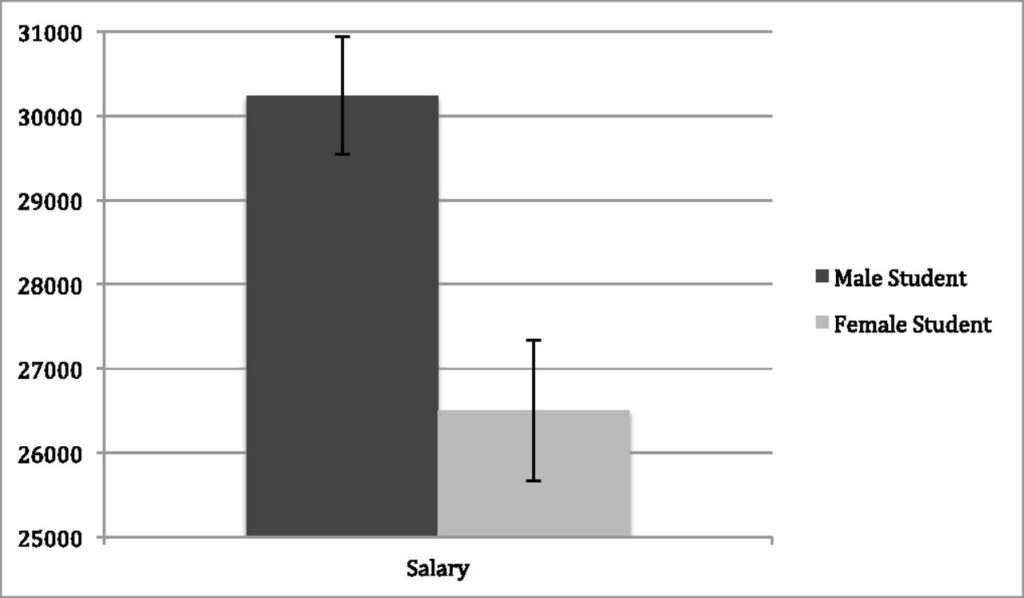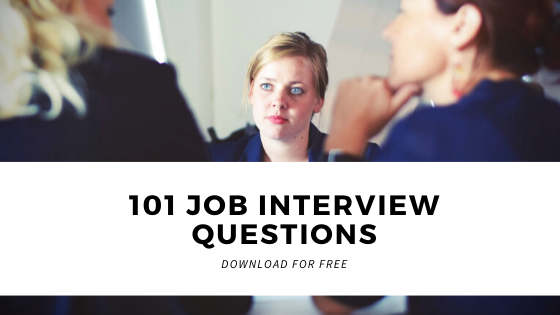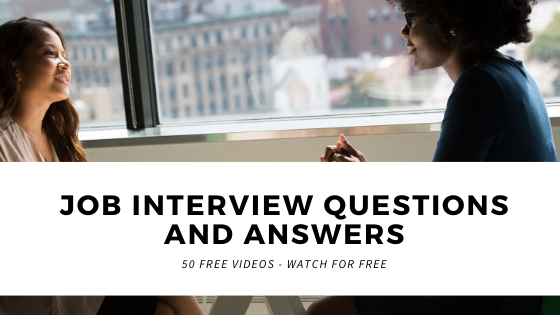The job interview is one of the most nerve-racking experiences you have to face. The reason you fear the job interview is down to the psychology of the interview process. In this series of ‘job interview psychology,‘ you will learn 5 psychological processes that are in play, that effect your job interview success, without you even knowing about it.
Job Interview Psychology 2 of 5 – unconscious bias
Everyone is prone to the psychological effect of unconscious bias.
Unconcious job interview bias if the phenomenon of the job interviewer generating a perception of you prior to the interview start. This subconscious process can have, either a negative or positive, effect on the job interview outcome.
Job Interview Psychology
Attribution theory explains how we attribute characteristics to people we don’t know, to assist our internal process of perception, by judging their behavior based on the references of people we do know – you act like Mrs X so you must have similar strengths and flaws.
It is these perception disorders, that all humans form, that affects the job interview outcome. You can attend two job interviews for the same position, in two identical organizations, give the same answers to the same job interview questions, and be up against the same competition (who give the same answers to the same job interview questions) only to be offered one position and to be declined the second. This is because people’s perception of the world is different; it is created from individual experiences, beliefs, and emotional associations.
What is difficult to combat is that these snap judgments are made at the subconscious level, instantly.
Be-aware of the invisible filters
Unconscious interview bias is the process of the interviewer’s brain creating quick judgments of you, the interviewee, prior to you being asked any job interview question. All your following answers, conversations, and even your body language will be filtered through this unconscious bias filter; if you are associated positively, your job interview answers are filtered through a ‘positive filter’ but if you are associated negatively, then it is these filters that your job interview answers will be filtered through.
Remember this, most people, including yourself, are unaware of the filers and therefore their bias that is in play
In an unconscious bias study, by Moss-Racusin, a number of science facilities in higher educational institutes (HEIs) were asked to evaluate the application materials of an undergraduate science student who had applied for a science laboratory manager position. The participants were then allocated either a female or male applicant and asked to give their opinion on the student’s competencies: the application details remained the same and only the gender of the ‘applicant’ had changed. The participants themselves were of mixed gender

Source: https://www.pnas.org/content/pnas/109/41/16474/F1.large.jpg
The results showed that the applicants perceived gender had an effect on the science facility participants’ unconscious bias; males were considered more competent and were more likely to be hired than a female with the same application and therefore the same skills, knowledge, experience and qualifications.
The participants were also more likely to invest time in mentoring males and to give them a higher starting salary

Source: https://www.pnas.org/content/109/41/16474
Unconscious bias can be positive. Interviewers will have a preferred person preference and will have a natural liking to people who they see they have common ground with. The common ground could include appearance, beliefs, background – this is where the advice to wear your ‘old school tie’ is founded. This natural ‘liking’ creates an affinity bias where the interviewer will be more supportive to one interviewee then another.
If you are nervous in the job interview environment and the interviewer feels an affinity towards you, they are more likely to help you feel at ease by repeating questions in a simplistic way or telling you to take your time. Some will even go as far as giving you hints. This affinity also alters how they see you performing within the team and/or organisation.
To help you pass your next job interview you can use this psychology to your advantage. The halo effect; where fast judgments are made based on one or more criteria (positive or negative) that creates a domino effect – if the initial opinion of an interviewee is positive, the interviewer will see all the applicant’s actions as positive (or less negative). An example of this is when the interviewer has a positive impression of a candidate and when the candidate answers an interview question stating that they don’t have X experience, the interviewer, through the halo effect, no longer deem this as that important (allowing you to score higher on the criteria scoring sheet)
Likeability, which is key to job interview success, can be achieved through some simple and/re extreme measures:
Dressing smart and being on time creates a low-level halo effect – as a reliable employee. But this is pretty basic.
Question the interviewer about their week, weekend or interest and find common ground by stating activities or hobbies you have in common – this creates a ‘natural’ conversation that increases likeability.
You can build subconscious rapport by mimicking the interviewer’s language patterns, gestures and body language. Mirroring another person happens naturally when two people are in rapport. You can switch this around and create rapport by creating a mirror image
Finally, you can become an industry expert. By creating a professional LinkedIn account and adding regular industry-related comments, links, stats, giving your opinion, sharing newsfeeds, and by following industry professionals and companies you are likely to get your future interviewer adding you via the same social media platform months before you apply for a position with their company. By seeing you as an industry expert, prior to a job interview, you will create a powerful halo effect that will help you win more job offers
Interview Pyschology 1 of 5 – rewards and fears
Interview Pyschology 3 of 5 – creating a connection
Job Interview Advice










